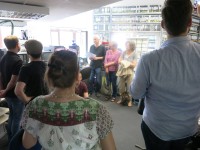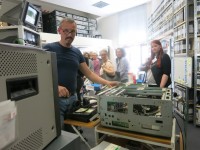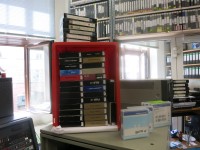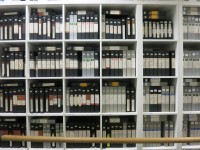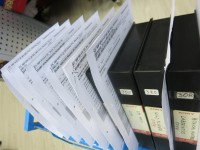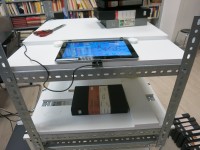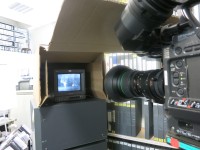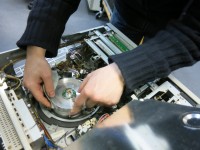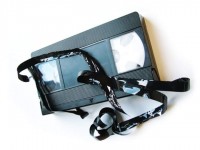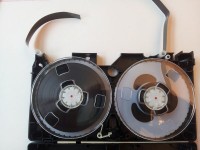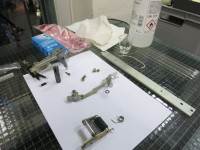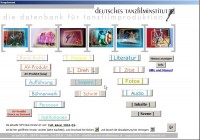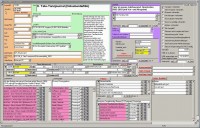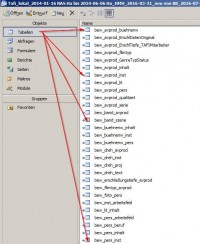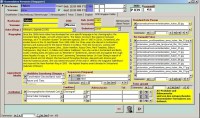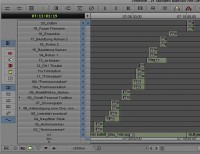IT RUSTS – German Museums Association offers excursion on long-term digitisation
Fachgruppe Dokumentation besichtigt Medienarchiv des Deutschen Tanzfilminstituts Bremen
Veranstaltung | 09.05.2018
Current developments call the socio-political neutrality of museums into question. The annual conference of the German Museums Association in May 2018 will discuss whether or how political museums are today and what values they represent for society. With speakers from Germany and abroad and around 400 conference participants, the annual conference offers a platform to discuss museum-relevant issues and current developments.
The annual conference offers a platform to discuss museum-relevant issues and current developments.
As part of the Spring Conference 2018 of the Documentation Section of the German Museums Association, the panel DOCUMENTING MUSEUM COLLECTIONS AND MAKING THEM ACCESSIBLE ONLINE offers a guided tour of all the departments of the German Dance Film Institute dedicated to the long-term digitisation and systematic indexing of films on and about contemporary and classical dance.
About 30 conference participants take advantage of this informative offer and receive extensive information from the staff of the various trades. In small groups, they pass through five stations that correspond to the phases of the work process a videotape goes through during digitisation and indexing at the Institute. Heide-Marie Härtel’s presentation of the database, which was custom-made for our needs, attracts special attention. Our TV and video technician, Claus Bouchard, has expertise in the restoration of highly endangered video tapes. He explains how he can rescue problem tapes. The excursion participants receive vivid explanations of the digitisation workflow from the head of the technical department, Hartmut Sebel: “A multitude of work steps – starting with reading in the tape in real time including the levelling of sound and image signals, the packaging of the material, editing work and the long-term saving of the material on special storage media – the creation of a high-quality digitisation of video tapes is time-consuming. With the knowledge of these experts, it is often possible to produce a significantly better digital copy from poor-quality video material. The insight into the user-friendly multimedia tool for using the digitised material on a tablet or smartphone via intranet, including a direct connection to the database, concludes the tour and opens up a lively exchange.
.

